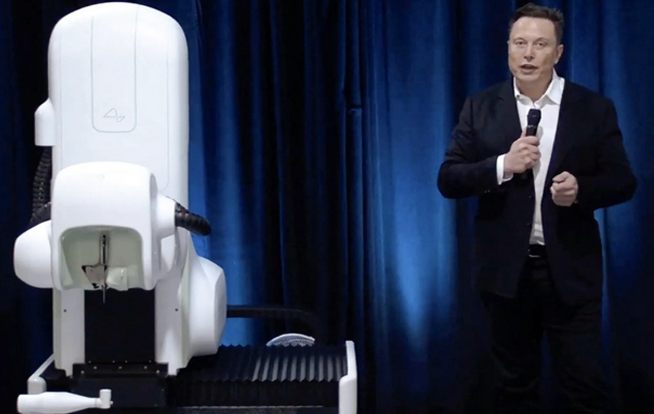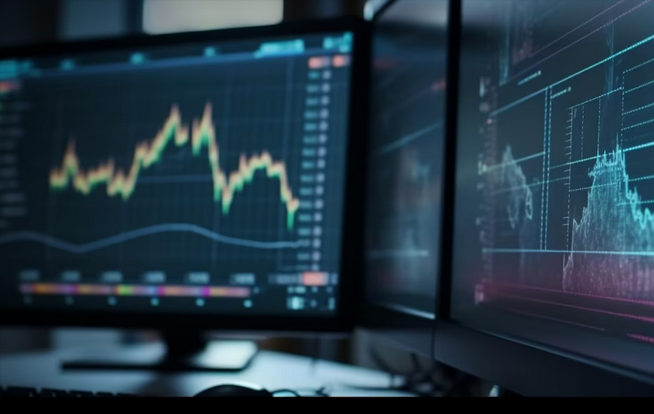Pre-IPO Risks

Pre-IPO Investment Risks
There are general hazards to investing in the private market in addition to the risks related to investing in a specific company.
A Time Uncertainty List
The company’s decision to go public after a specific amount of time cannot be guaranteed by Neurofusion Holdings, our counterparties, or stock sellers.
We pick businesses that exhibit all the indirect signals of going public within one to three years. Nobody is certain of the precise date but reports of the hiring of a new CFO or management’s public remarks may indicate that the company is getting ready for an IPO. Moreover, new market circumstances may cause the company’s goals to shift.
While we estimate several indications, the departure also relies on unpredictably occurring circumstances.

Information Asymmetries
Employees and early investors who are selling their stocks typically have more knowledge than a new purchase. It’s not always possible for an investor to make an accurate analysis of a company’s financials.Liquidity is low
Early withdrawal from an investment could take more than a month. Only if the investor or the organizer has interested parties in purchasing his share of the SPV is an early exit at the investor’s initiative conceivable.

Dilution of Capital Stock
Existing shareholders see their ownership percentage decline as funding rounds take place and more equity is issued.Insufficient from ROFR
The right to purchase shares at the agreement price during the approval stage is known as the right of first refusal, or ROFR.A direct transaction must be disclosed to the corporation in accordance with secondary market regulations. The company gives the transaction its approval as part of the ROFR process. It may, however, under exceptional circumstances, exercise its entitlement and purchase the shares that the SPV is aiming to acquire.
The SPV will get the chance to buy these stocks if a corporation doesn’t exercise its right to do so through the typical 30-day ROFR process. However, if the corporation purchases its shares, the investors’ money is returned or they are given alternate options. terms for purchase.


Bankruptcy
Stock in the company could decrease.Early investors are aware that only a small percentage of businesses will get their money back; the majority of startups will fail. The chance of bankruptcy is larger in the early phases and decreased in the pre-IPO period, but risk is always present. A corporation may occasionally have assets that an investor can claim, but he or she is unlikely to receive anything.
Unfavorable M&A Deal Terms
Investors from different rounds will receive different returns on their cash if a business is acquired.A larger corporation may purchase a smaller one (merger and acquisition, M&A). The parameters of an M&A agreement and the investment round that an investor participated in will determine the exit requirements in this case.
The terms of a transaction – the price at which a firm is purchased. An “advantageous” merger happens when a firm is bought at a premium, allowing an investor to benefit from a price differential. A “disadvantageous” merger refers to the purchase of a failing corporation on the verge of bankruptcy.
A Special Purpose Vehicle (SPV) investment
Significant risks, particularly those connected with investments in the targeted industry and market of the SPV, are involved in investing in an SPV (or fund) and its strategy. An investment in an SPV is highly speculative and risky; an investor could lose all of their money or a significant portion of it.Performance of SPVs can be unpredictable, hence they should only be used by people who can afford to have their capital’s value fluctuate. The capacity of an investor to withdraw money or transfer their ownership interests is severely constrained by the SPV’s limited liquidity. It is only appropriate for people who meet the suitability requirements outlined in the applicable memorandums of SPVs and who have a modest demand for liquidity.
